I spent around 3 months in Brazil this year and fell in love with the country. It seemed that every single corner was begging for a picture to be taken. From natural wonders like Iguazu Falls to the urban settings of Salvador de Bahia and, of course, Rio de Janerio there is so much to take in through the camera lens. Beyond the physical beauty of the country there is also a beating passion that exists within the people of the country who are as welcoming and beautiful as anywhere in the world. The rhythm of life in Brazil seems to constantly beat, and although that vibrance can not easily be captured in photos I hope that some of that emotion is captured. My camera was not working properly for about 75% of my time in Brazil so some of the photos are not exactly up to my top standard and, actually, quick a few were shot on my tiny canon point and shoot. However, despite my challenges I still managed to fill a hard drive worth of images of Brazil that I still love looking at. Coming up with a display of my favourite images was nearly impossible, but in the end I think I have come up with my favourite 32 photos of Brazil. Below you’ll find these photos in no particular order. Enjoy, and I’d love to hear what you think. Which is your favourite image?
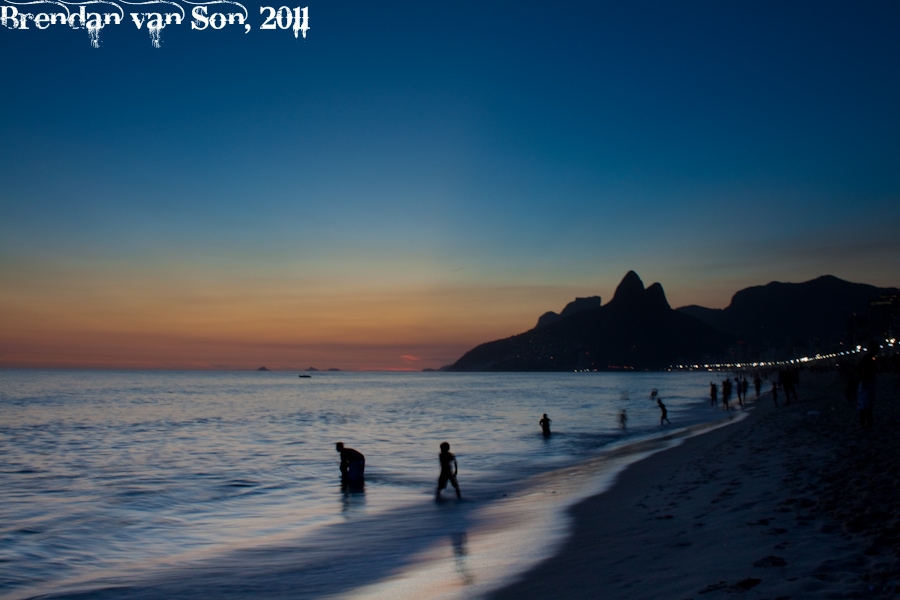


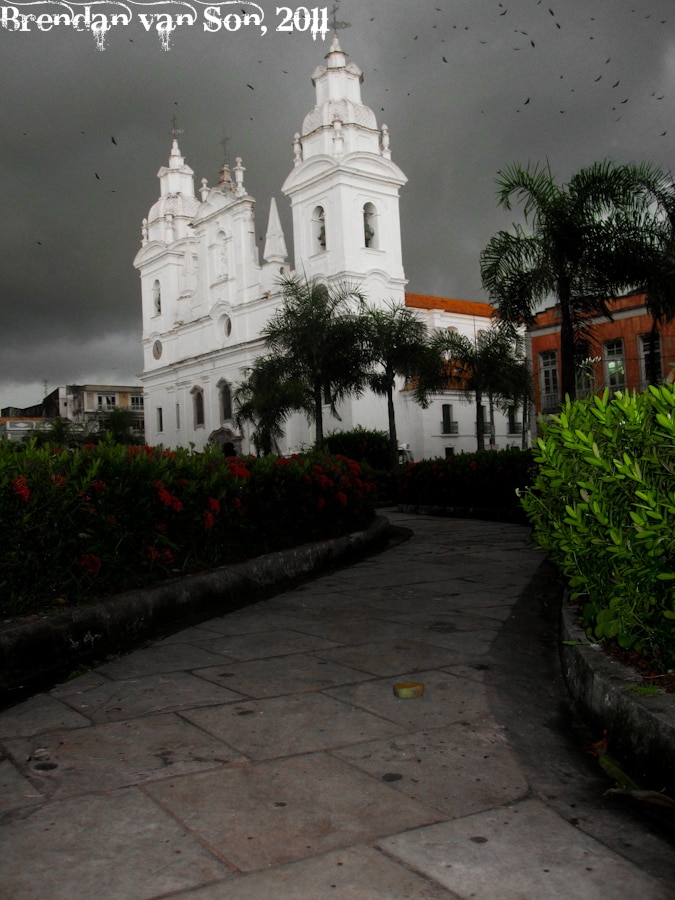
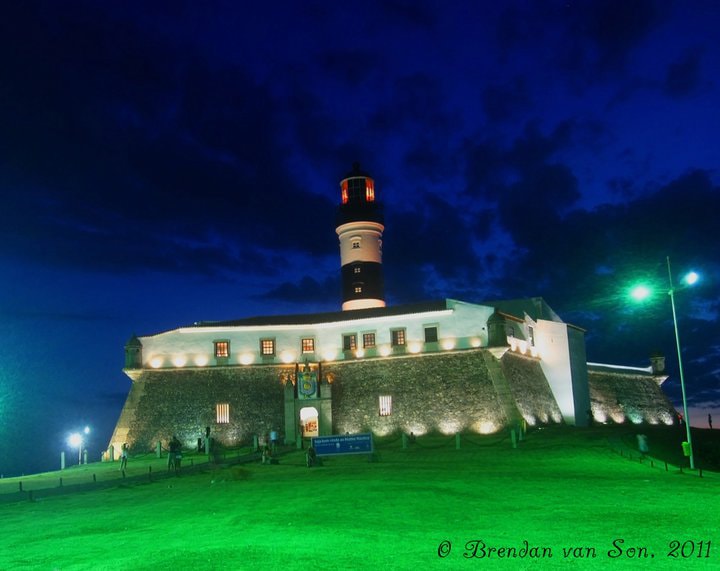
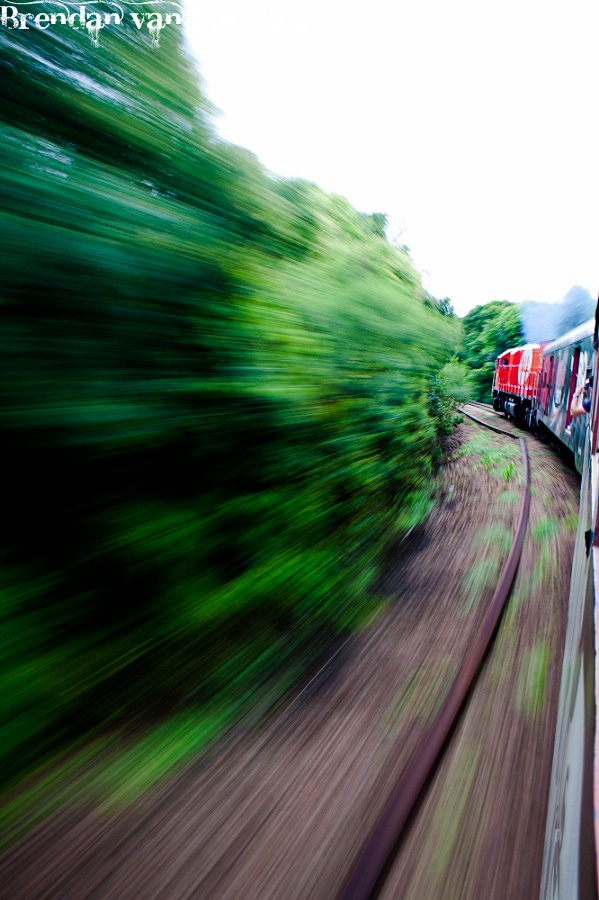
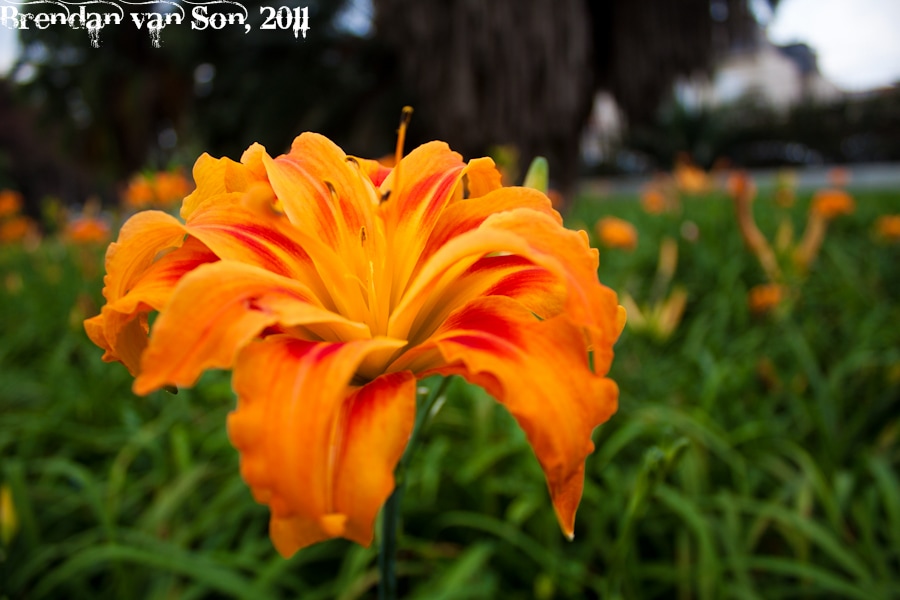
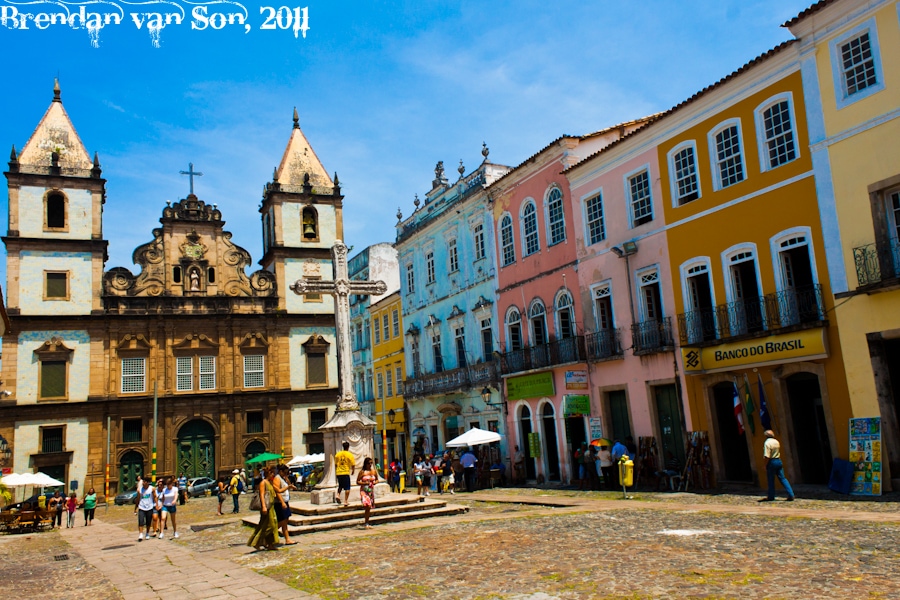

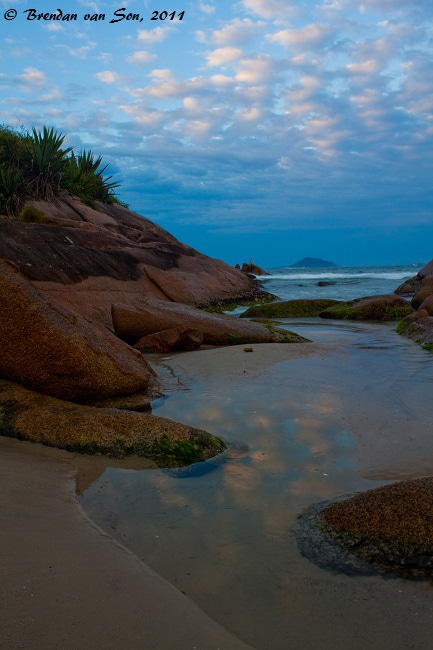
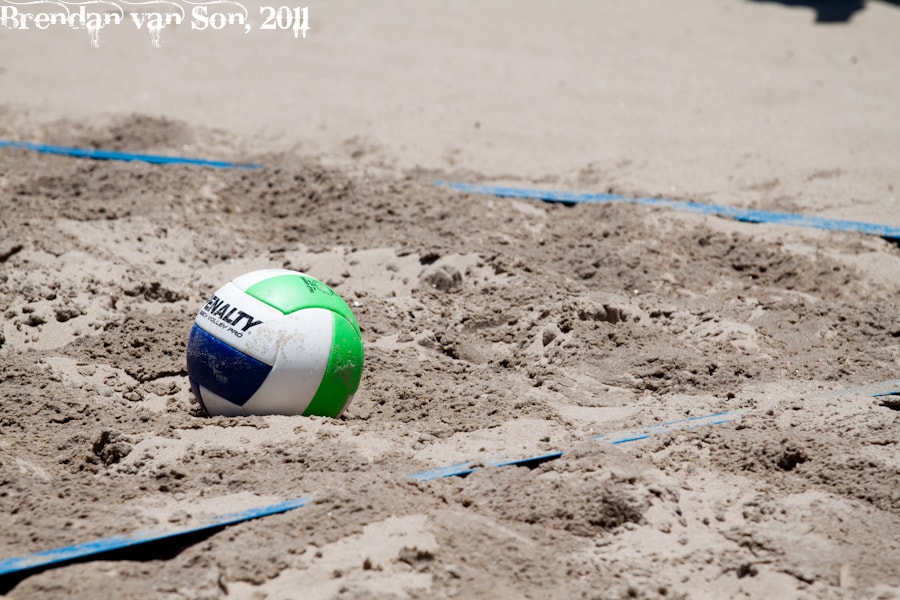
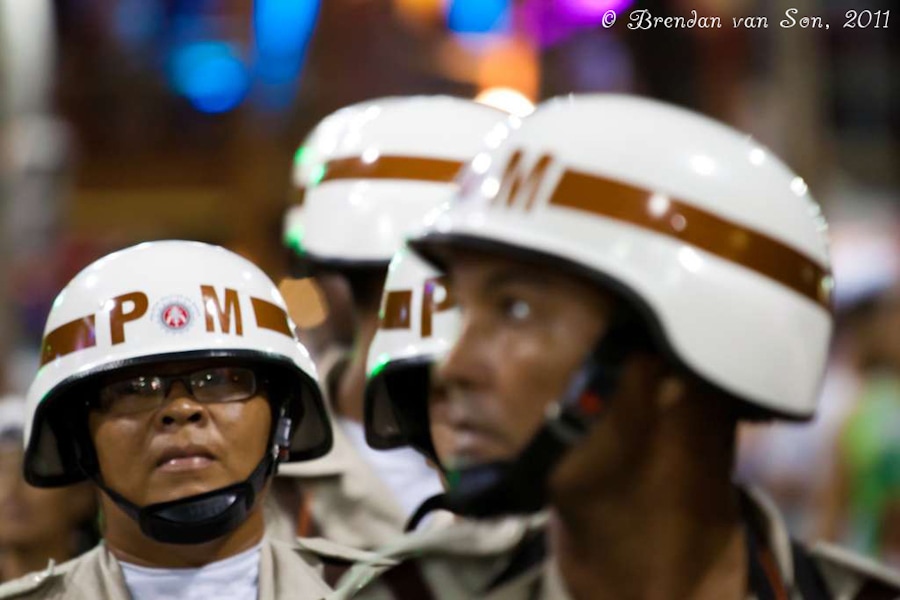
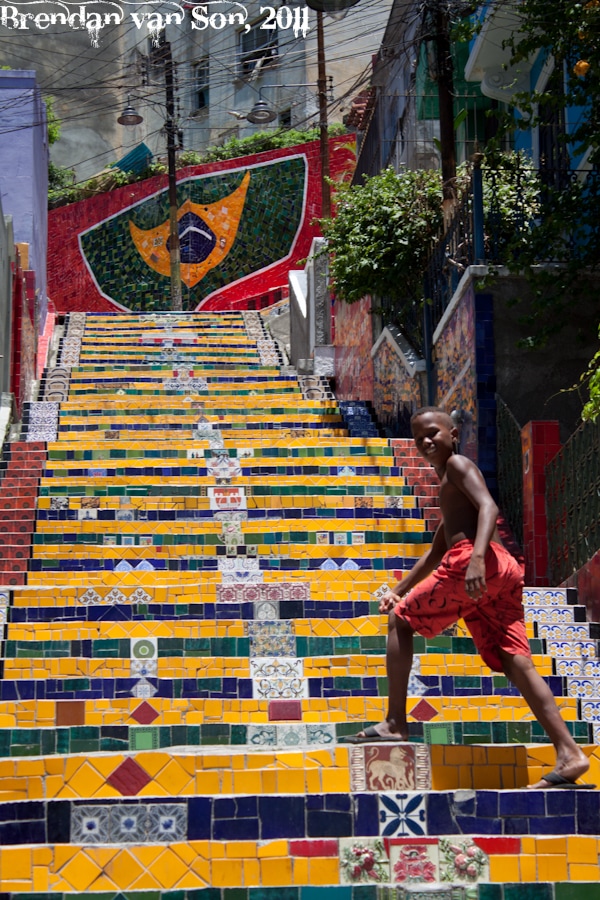
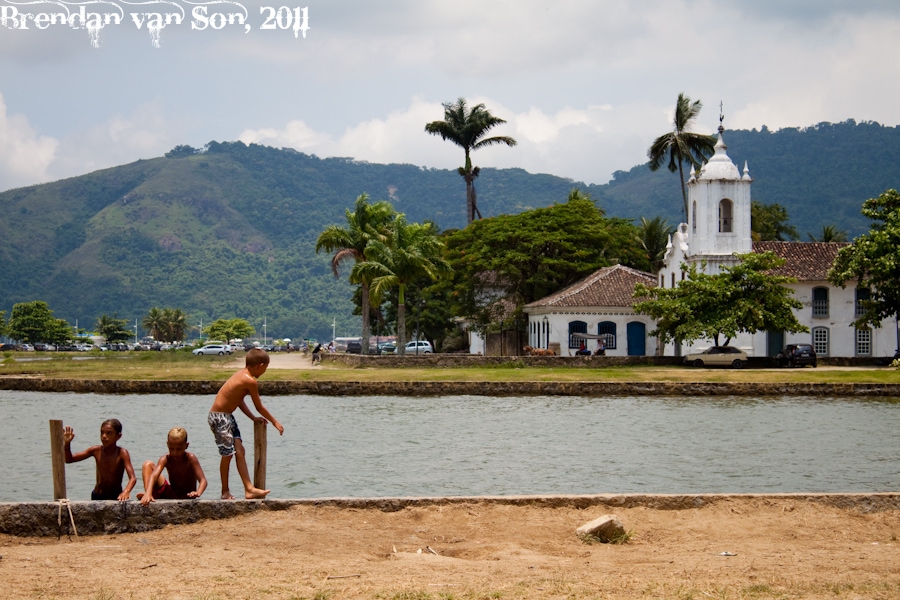
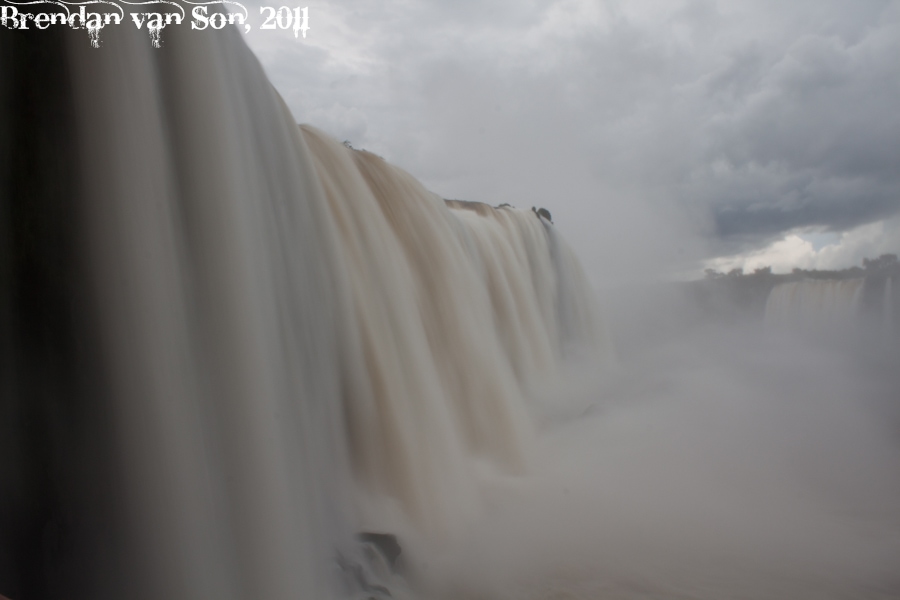
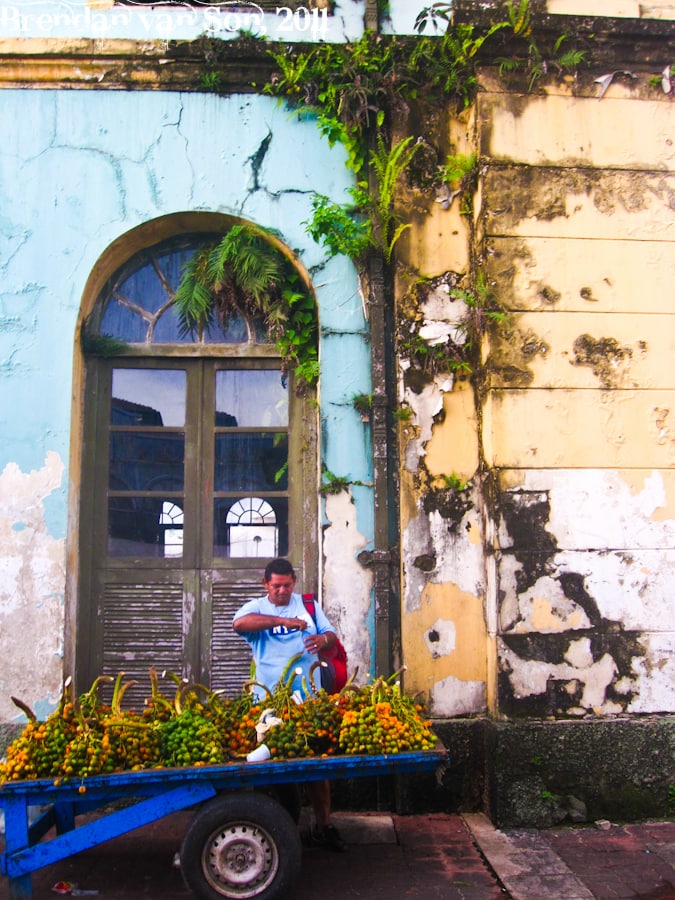
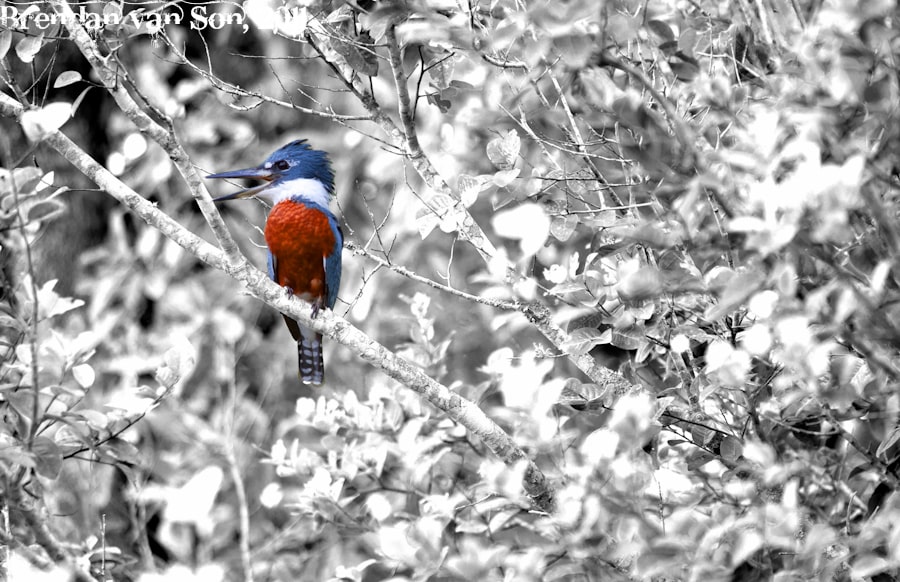
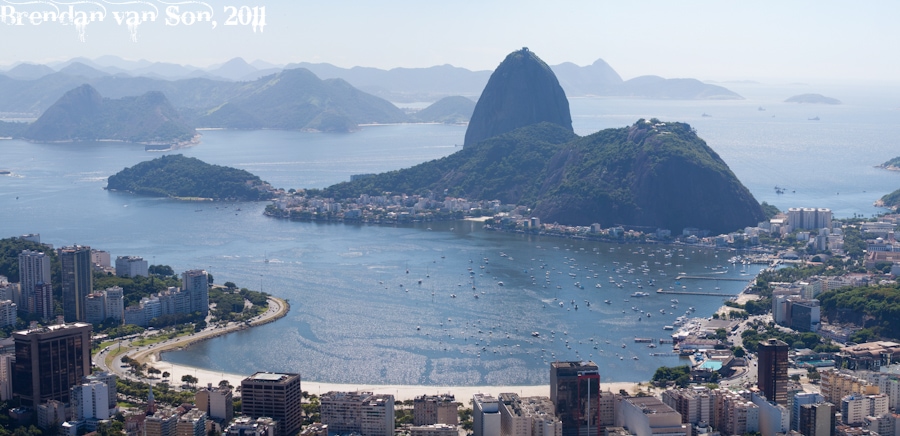


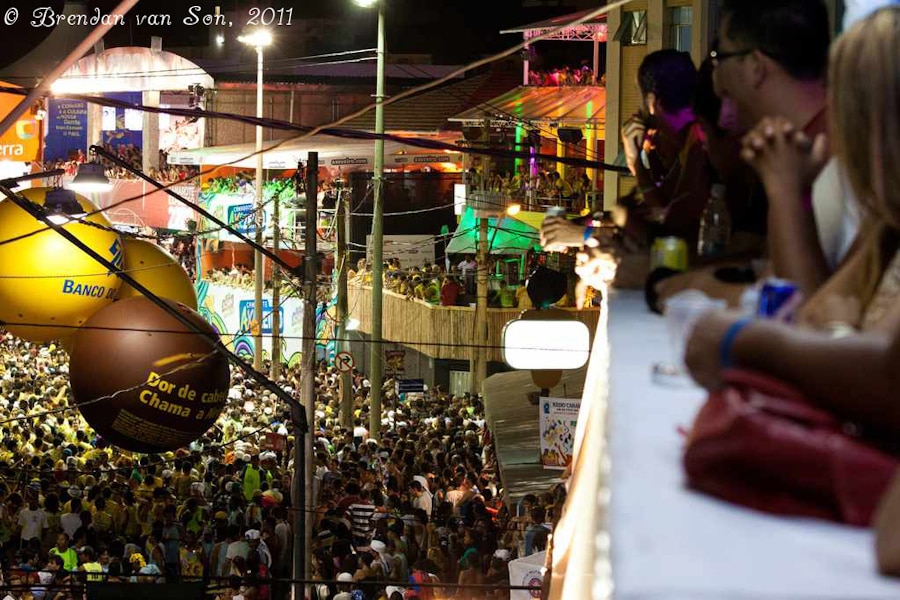


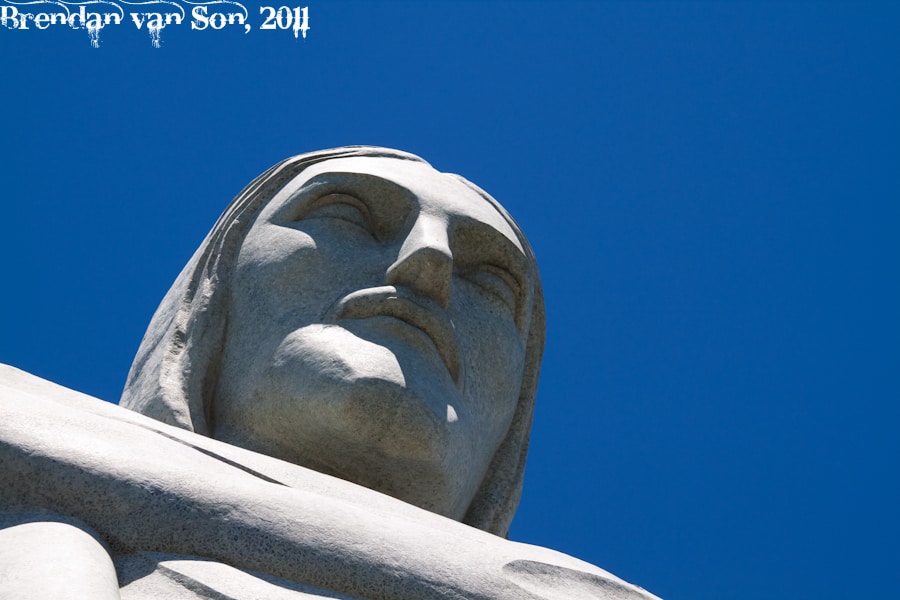
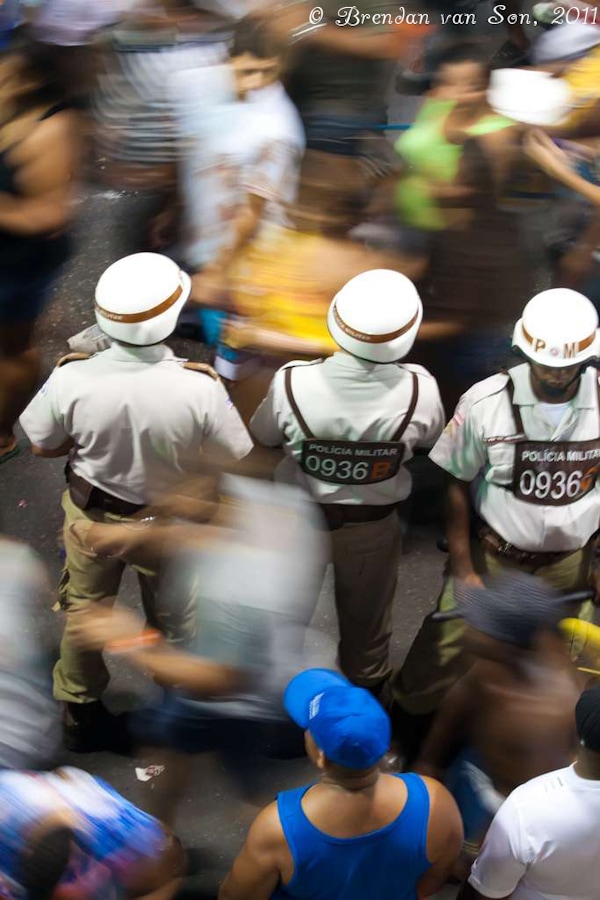
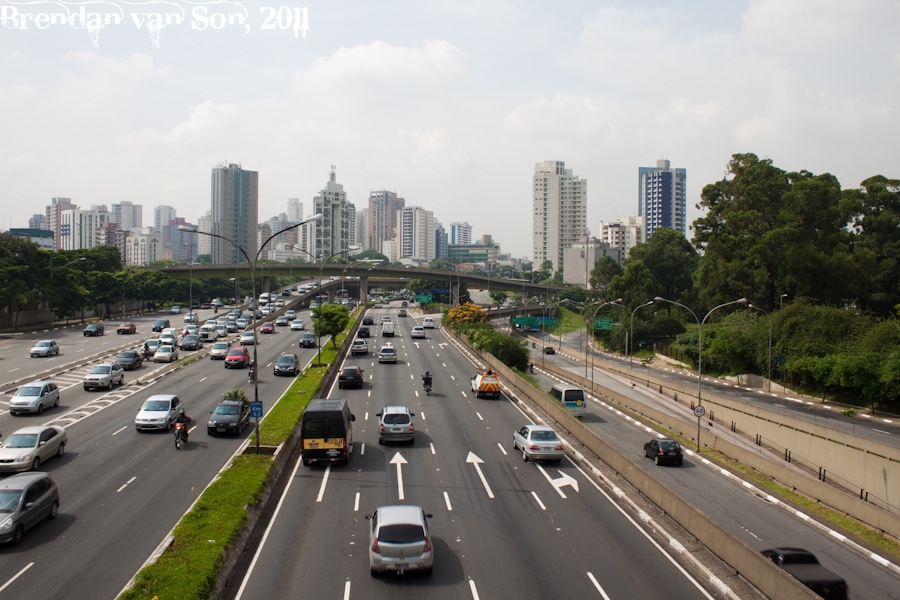
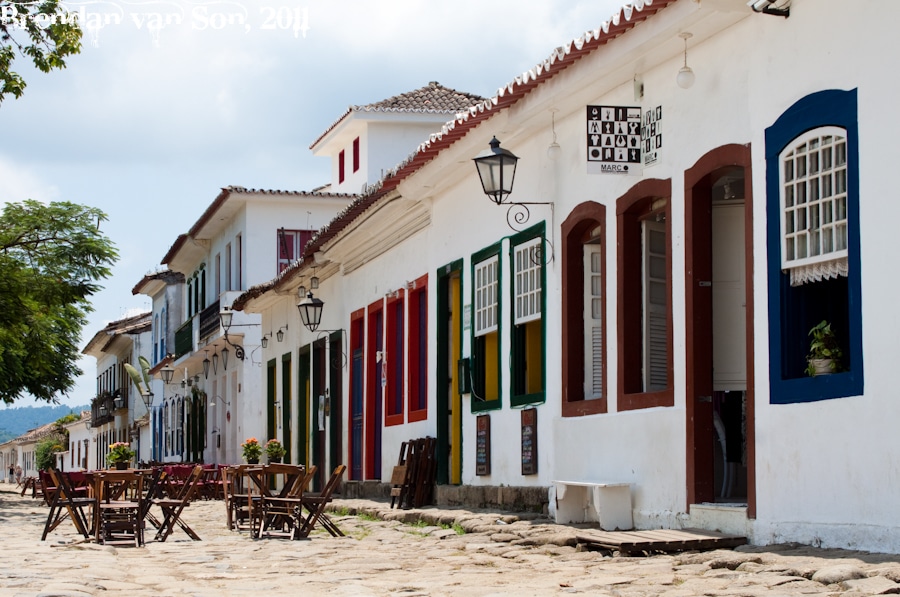

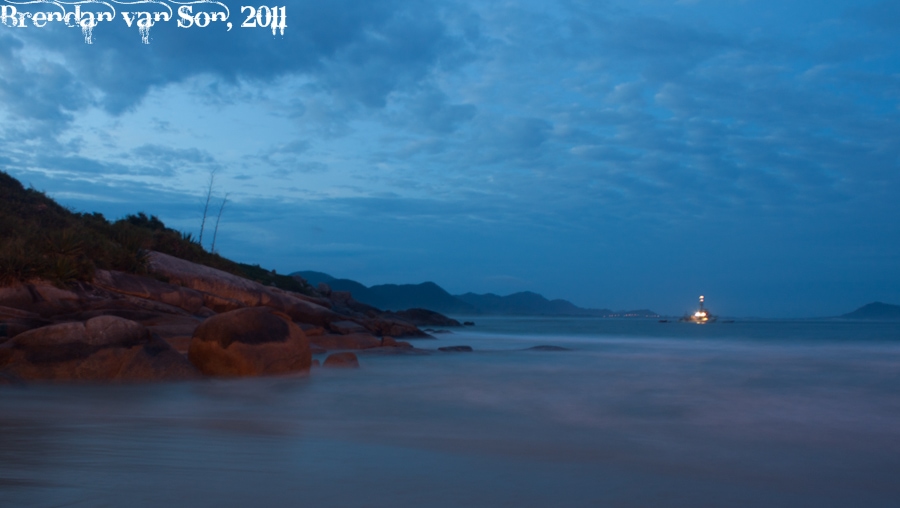

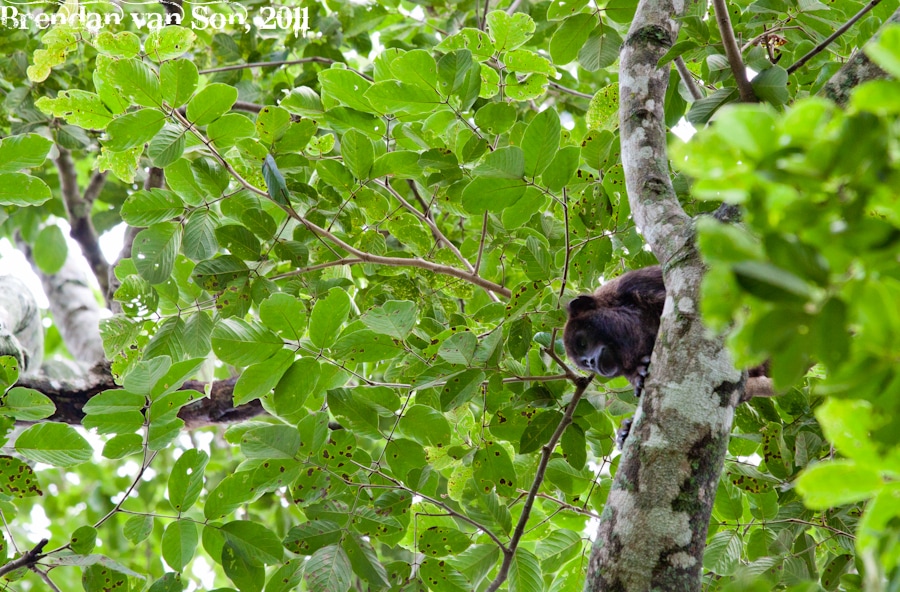
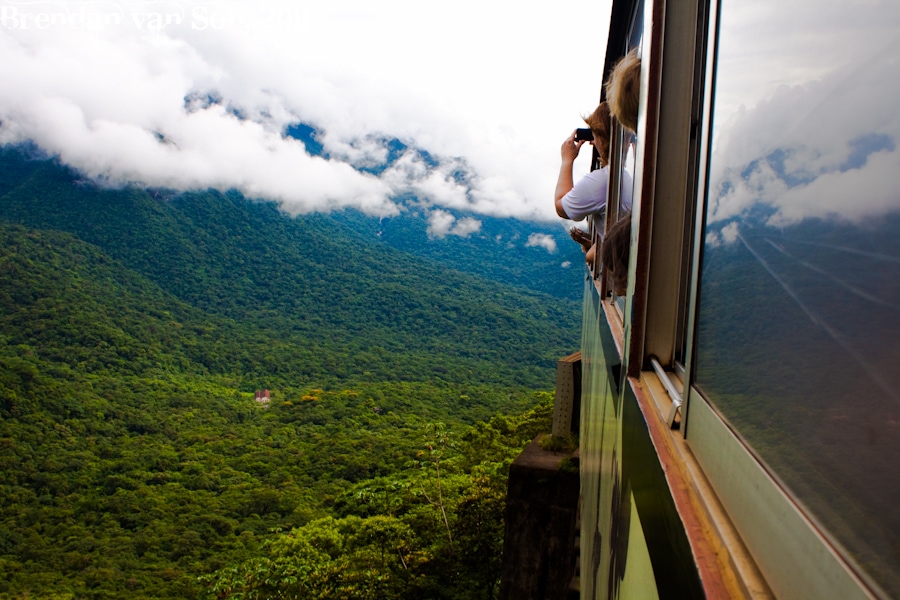

Back to the Brazil Travel guides
